Children
Babies learn many new activities and skills during their first year. During the first 28 days, the baby is referred to as a newborn, then until the end of the first year it is called an infant. At the age of one to three years, it is already a toddler. In all periods of development there are various joys, but also complications. Caring for a child is demanding and something different is important in each period. In the case of a newborn and an infant, good nutrition and the provision of security and love are important, in the case of a toddler, development is more dynamic. The child starts to walk and talk, you need to motivate him and play with him. We have prepared articles for you, from which you will learn everything you need to know when caring for and raising a child. We looked at various diseases, the most common problems in education or individual processes that a child goes through. We will be happy if you join the discussion and share your experiences.

Children's sleep by age - table. How much sleep do babies need?
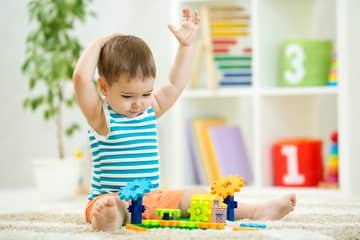
Child's psychomotor development month by month

Anti-Flat Head Pillow. What are the reviews and experiences
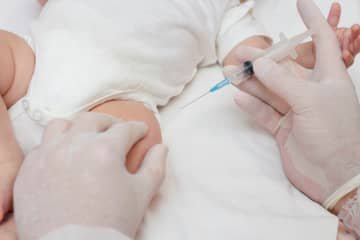
Baby's first vaccination - experience, reactions (temperature, swelling, redness)
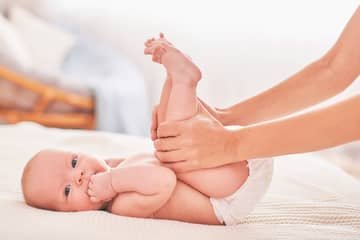
Vojta therapy for babies - exercises for the head, legs and climbing support + video
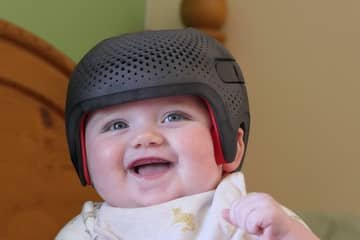
Cranial orthosis - Remodeling helmet for flat head

Flat head syndrome. What does a flat head look like?

Dysphasia - a developmental speech disorder. Delayed speech development in children

How to increase milk production? Food, homeopathics and suction

What is dyslexia and how does it arise - manifestations in reading disorder
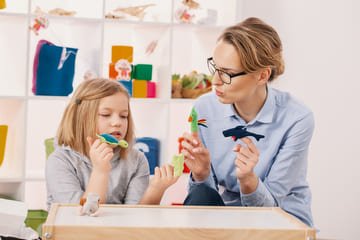
Asperger's syndrome and its first manifestations in children

Hysterical attacks in children. How to calm a hysterical child and avoid crying fits

Storing breast milk in the refrigerator, freezer and at room temperature

Introduction of complementary foods. First foods from the 4th month - recipes

What not to eat while breastfeeding - are poppy seeds, ginger or chocolate suitable while breastfeeding?
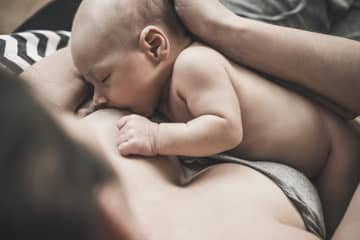
Breastfeeding positions. Is vertical the right and best one?
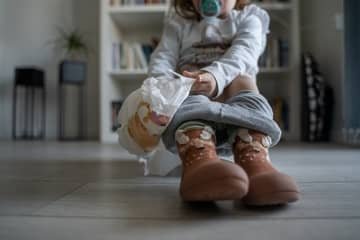
Stop using diapers in a week. How to wean a child from diapers and how long does it take?

How to potty train a child in 7 days. Advice if a 2-year-old child does not want to sit on the potty

The period of defiance - advice on how to manage it. When does it start and how long does it last?

12-month-old baby (child) - development, diet, sleep, exercises, toys. See what it can do
However, a 12-month-old baby is already a child whose development will progress from week to week. Active sitting, chattering, first words and first steps on two legs. It improves what has been learned so far.
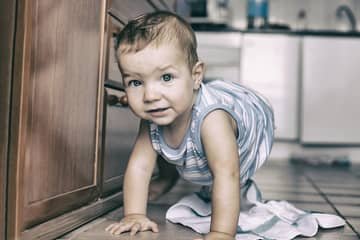
11-month-old baby (child) - development, diet, sleep, exercises, toys. See what it can do
Towards the 1-year milestone, parents can expect significant progress in their 11-month-old baby. The child has a need to crawl everywhere, begins to recognize parts of his body and imitate certain actions.
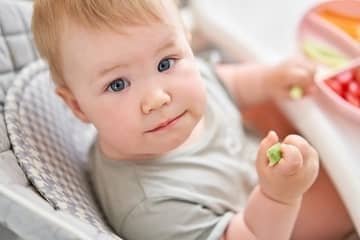
10-month-old baby (child) - development, diet, sleep, exercises, toys. See what it can do
If the child learned something a month ago and it was new, in the 10th month it will be a level better. The child will improve in everything he knows so far.
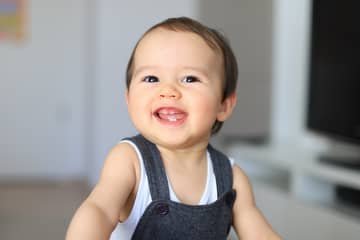
9-month-old baby (child) - development, diet, sleep, exercises, toys. See what it can do
From the 9th month, children are more communicative, more playful and less afraid of other adults. However, separation anxiety may still be present. The child more actively understands the purpose of objects.

8-month-old baby (child) - development, diet, sleep, exercises, toys. See what it can do
An 8-month-old child is already walking on all fours and has no problem getting from place to place. If you've always thought that your child is restless, he'll be crawling everywhere on all fours, and a pair of extra eyes will definitely come in handy.

7-month-old baby (child) - development, diet, sleep, exercises, toys. See what it can do
Progress in the baby's movements is characteristic for the 7th month. The child is more socially active, the first teeth are usually already visible and the child also responds to calling his name. What else can he do?

6-month-old baby (child) - development, diet, sleep, exercises, toys. See what it can do
Although each month in a baby's development is often referred to as a "turning point", this is definitely true in the case of the 6th month. Although he still has the status of an infant, a 6-month-old child is already a receptive and understanding member of the family.
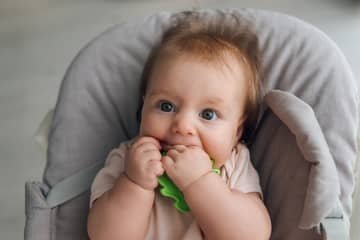
5-month-old baby (child) - development, diet, sleep, exercises, toys. See what it can do
At 5 months, a baby becomes a child who actively seeks company and responds to all stimuli. What should a 5-month-old baby know or what should he be able to do and does he really need to be able to sit?
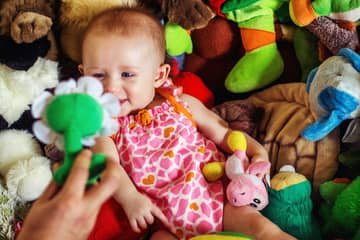
4-month-old baby (child) - development, diet, sleep, exercises, toys. See what it can do
Over the course of 16 weeks, the baby has grown and has an even greater desire to follow everything that is happening around him. His effort is to communicate more, mumbling replaces lively chatter and active laughter.
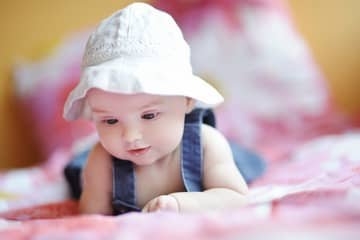
3-month-old baby (child) - development, diet, sleep, exercises, toys. See what it can do
A 3-month-old baby is already beginning to show its will, interacts with the environment more intensively, stays awake longer, and significant changes also occur in the infant's psychomotor development. What can he do?
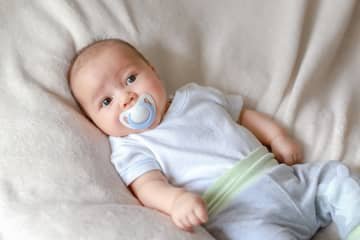
2-month-old baby (child) - development, diet, sleep, exercises, toys. See what it can do
At 2 months old, there are other developments that define the baby. Sleeping habits and behavior will change and the little one's communication tools will be enriched. What should a 2-month-old baby know?

Month-old baby - what can a 4-week-old baby do and how does it perceive his mother?
Your newborn will be a new human every week, and all his progress will be happening right before your eyes. How does a baby perceive its mother and what can a 1-month-old baby do?